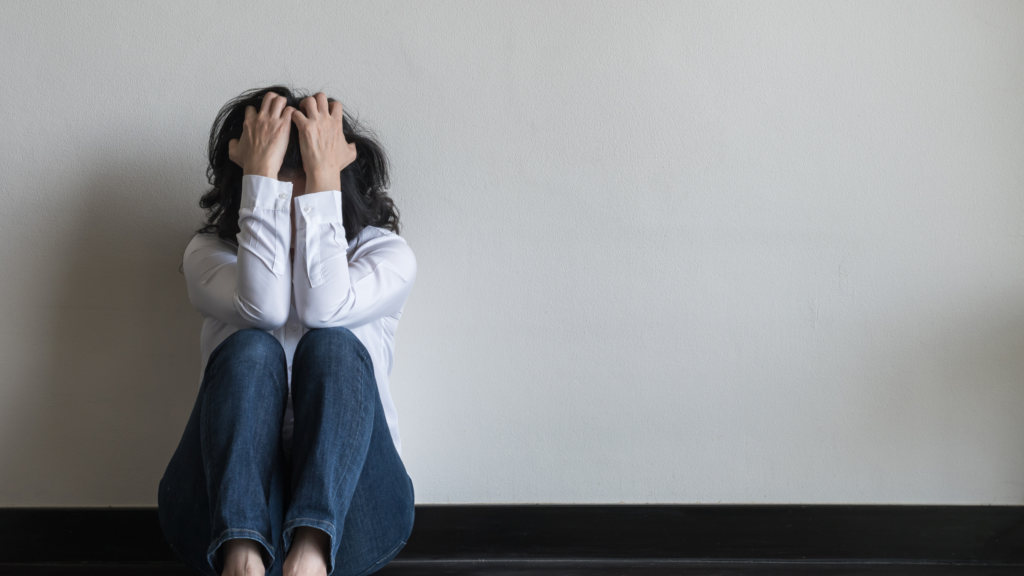Mental health has been a topic of interest for a while. For years, the prevalence of anxiety, depression, and suicidal ideation in the U.S has been increasing. Unfortunately, the pandemic presented many challenges that can negatively affect a person’s well-being. For some, it triggered mental health issues, and for others, it exacerbated pre-existing challenges.
The 2021 State of Mental Health in America
Mental Health America (MHA) released the 2021 State of Mental Health in America. It included a section titled COVID-19 and Mental Health: 2020 Data, which summarized data from people looking for mental health resources and support online from January to September 2020.
Results from the study
- The number of people searching for help with anxiety and depression grew significantly from previous years.
- More people are also reporting frequent thoughts of suicide and self-harm than before.
- Younger people are struggling the most with their mental health.
- Anxiety, depression, and suicidal ideation are increasing for people of all races and ethnicities.
- Black or African American screeners have had the highest percent change over time for depression and anxiety.
- Native American or American Indian screeners have had the highest average percent change over time for suicidal ideation.
In April 2020, towards the beginning of the pandemic, they added a question. They asked respondents to think about their mental health test, and select up to three things currently contributing to their mental health problems. The options were Coronavirus, current events, financial problems, loneliness or isolation, grief or loss of someone or something, past trauma, relationship problems, and racism.
Seventy percent of respondents reported that loneliness or isolation was one of the top three factors contributing to their mental health problems. Past trauma (48%) and relationship problems (43%) were the second and third.
It’s important to note that MHA’s study has limitations. For one, it doesn’t include the entire population. It doesn’t include those without online access, like homeless people, who may be more susceptible to mental health issues. Also, the respondents are more likely to screen positive or report moderate to severe symptoms because it surveys those seeking support.
Pandemic-related factors affecting mental health
Many factors contribute to the decline in mental health. For one, the pandemic changed both our physical and social environments. Because of how the virus is transmitted, the CDC recommended people to social distance themselves and only leave their homes when necessary.
Having support from others is vital to anyone, but it is even more important for those who struggle with their mental health. Without spending as much time with their friends and family, they may have experienced loneliness, amplifying feelings of depression and anxiety.
The uncertainty associated with the pandemic also created a lot of anxiety, especially in the beginning. People did not know how long lockdowns were going to last or how long COVID would be around.
Millions of people also lost their jobs during the pandemic, causing stress for many, especially families.
As mentioned, younger people reported struggling with their mental health the most. Their struggles could be from a variety of reasons. Dealing with school closures, adopting a new learning method, and the cancellation of activities certainly played a role. All of these factors, in addition to spending more time at home and less time with friends, likely caused boredom and mental health challenges.
Moving forward
Mental health was a concern before the pandemic, and it will continue to be an area of interest when it’s over. By gathering data, we can better understand the factors contributing to mental health problems. From there, we can better support those who need it most.


